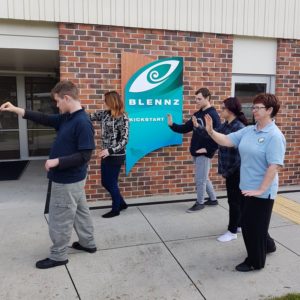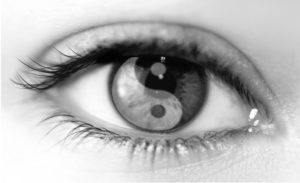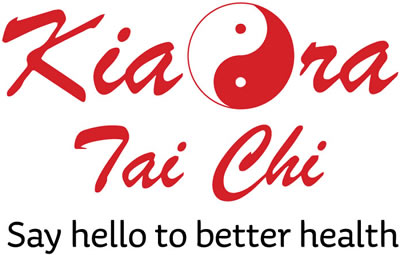 Over May to June 2017, I led a successful pilot to teach tai chi to four blind and low-vision students. The students were all aged 18 and enrolled in the Kickstart Experience Programme (Kickstart) at the Homai Campus of BLENNZ (Blind, Low Vision Education Network, New Zealand). Homai is a suburb of Manurewa, Auckland.
Over May to June 2017, I led a successful pilot to teach tai chi to four blind and low-vision students. The students were all aged 18 and enrolled in the Kickstart Experience Programme (Kickstart) at the Homai Campus of BLENNZ (Blind, Low Vision Education Network, New Zealand). Homai is a suburb of Manurewa, Auckland.
Student A was blind and the other three (Students B, C and D) were partially sighted. Two were young women and the other two were young men. The teacher and the two residential youth workers involved with Kickstart (the staff) joined the lessons to assist me with any health and safety issues.
Two of the staff and myself observed positive changes by the third lesson with two of the students (A and C) and changes were noticed in all students by the end of the six weeks.
The biggest improvements occurred in the areas of balance, posture, fall prevention and stress management. These changes were noted by observation, rather than by quantitative measures.
At the end of the pilot, the students reported on the effects they had noticed and a sample of their comments is as follows:
- Student A: I don’t fall down as often.

Tai chi with the students. The Kia Ora Tai Chi instructor (Jocelyn Watkin) is in the blue shirt.
- Student B: I’m more relaxed. I’m not stressing.
- Student C: I can now balance on one leg.
- Student D: Tai chi helps me to calm down. I sleep so much better on the night after the class.
As an additional benefit, two of the staff also commented on positive changes in themselves as a result of joining in with the tai chi lessons, such as feeling more energised during the class and more relaxed afterwards.
The pilot was successful and it was agreed to continue with the tai chi lessons until the end of Term Two (July 7th) and also for Term Three (26 July to 29 September).
More about the pilot:
I used the Sun-style Tai Chi for Arthritis for Fall Prevention Programme (the programme) for the 6-week pilot, for which I am certified to teach by the board of the Tai Chi for Health Institute. This programme has been developed by Dr Paul Lam and the Tai Chi for Health Institute to improve balance and posture, strengthen leg muscles and is used extensively for fall prevention. Qigong breathing is an integrated part of the programme and is especially beneficial for overall health, mental relaxation and to manage stress.
During the pilot, all four students learned selected warm-up exercises and the first eight steps of the programme. Student A had 12 one-hour lessons in total over the six weeks: one lesson per week as a 1-on-1 with the instructor and then one 1-hour lesson per week with the other three students (B, C and D).
The purpose of the pilot was to determine if the programme could help the four students with one or more of the following:
- Balance
- Posture
- Fall prevention
- Stress management
- Confidence
- Physical strength and general fitness
- Flexibility (joints and/or overall movement)
- Spatial awareness
- Self-defence

The success of the pilot was attributed to a number of factors, including good preparation, the type of tai chi (Sun-style), the Tai Chi for Arthritis for Fall Prevention Programme (including qigong), my expertise in tai chi, martial arts and teaching, the support of the Kickstart staff and the willingness of the students to give tai chi a go.
For a copy of the full evaluation of the pilot, please get in touch using the contact form on this website.


I have just started Tai Chi (I live in Norfolk) and talking to an old scuba diving pal (we are both fit but 80) mentioned this to him. He is very interested but… he had a stroke three years ago and became severely visually inpaired. He lives in Javea, Spain it’s possible if such an audio existed it would be very useful
Kia ora Paul, Thanks for your message. I have emailed you with a reply. I look forward to hearing from you.
Hello, I would like an audio guide through forms. I am not visually impaired but severely light sensitive. I would be willing to pay for a copy – but what I’m getting at, is it might be good for those who want to practice at home and have some knowledge already. if this is possible, please let me know. thank you!
Kia ora Lisa, Thanks for contacting me. At this stage, I don’t know of any audio guides to learn tai chi. There are audio programmes that talk about tai chi but don’t explain HOW to do it. I have been thinking about offering some sort of audio guide to my blind students to support my lessons with them. However, it is not ready at this stage. I’ll keep you posted. Kind regards, Jocelyn